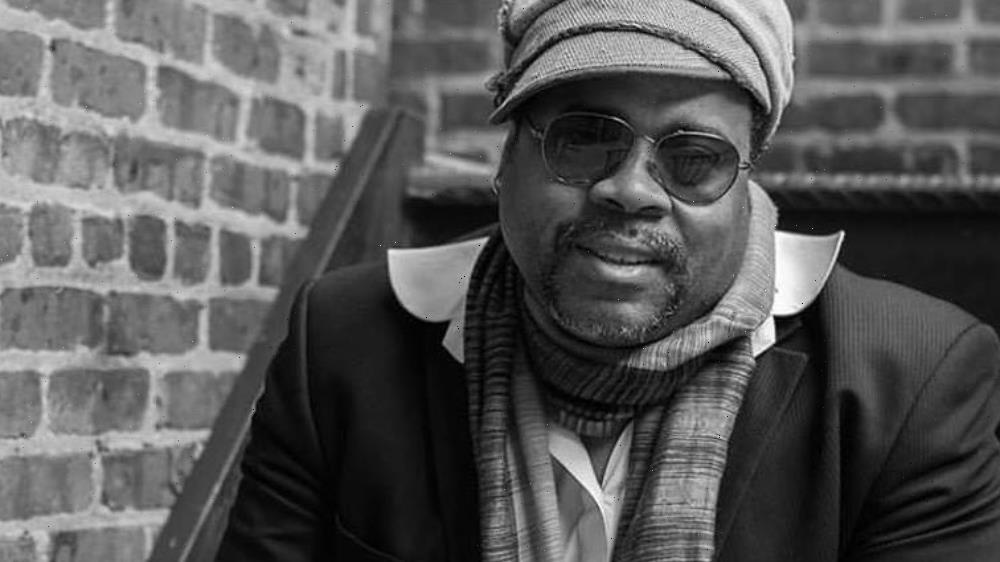Lincoln Center has announced a musical tribute to Greg Tate, a veteran music writer and musician and a ‘godfather of hip-hop journalism’ who died in December at 64.
The performance will feature more than 30 members of Burnt Sugar the Arkestra Chamber, the group that Tate founded (head here for more information). “For this homecoming concert, curated and presented with The Tate Family at one of his favorite venues, more than thirty BSAC members will perform in celebration and tribute to one of the most essential voices in the history of 21st Century Avant Groidd music and thought,” the announcement reads.
Titled “More Than Posthuman: Rise of the Burnt Sugar Arkestra Mojosexual Cotillion” An “Oh the Utter Negrocity of It All,” the tribute is one of three in Tate’s honor being held this summer: one last week at the New York Public Library’s Schomburg Center for Research in Black Culture, and another, also featuring Burnt Sugar, on August 20 at Marcus Garvey Park in Harlem as part of New York’s SummerStage concert series.
While Tate’s writing touched on many aspects of African-American culture, he is probably best known as a vital early hip-hop writer, particularly in his many years at the Village Voice. He was also an active musician, a founding member of the Black Rock Coalition and the leader of the Burnt Sugar ensemble, which has featured dozens of musicians and issued more than 20 releases in its two-decade history..
Born and raised in Ohio, Tate’s family moved to Washington, D.C. when he was a teenager and he immersed himself in the city’s music culture of the era; one of his first articles for the Voice was about D.C.’s pivotal, all-black punk quartet the Bad Brains. He studied journalism and film at Howard University in D.C. and moved to New York in 1982, quickly establishing himself as a music writer; he was a co-founder of the Black Rock Coalition three years later.
He was hired on-staff at the Village Voice in 1987 and became one of the influential publication’s most distinctive and recognized writers, bringing a cerebral edge to his writing about hip-hop that was rare at the time and connected the music with the wider culture; the long-running hip-hop publication The Source called him “one of the godfathers of hip-hop journalism.” His 1986 essay “Cult-Nats Meet Freaky Deke” is often cited as a milestone in black cultural criticism.
Over the years he was published in virtually every major music magazine as well as the New York Times and the Washington Post. He remained a Voice contributor until 2005; he also wrote several books, including “Everything But the Burden: What White People Are Taking from Black Culture,” (2003), “Midnight Lightning: Jimi Hendrix and the Black Experience” and “Flyboy in the Buttermilk: Essays on Contemporary America.”
Source: Read Full Article
